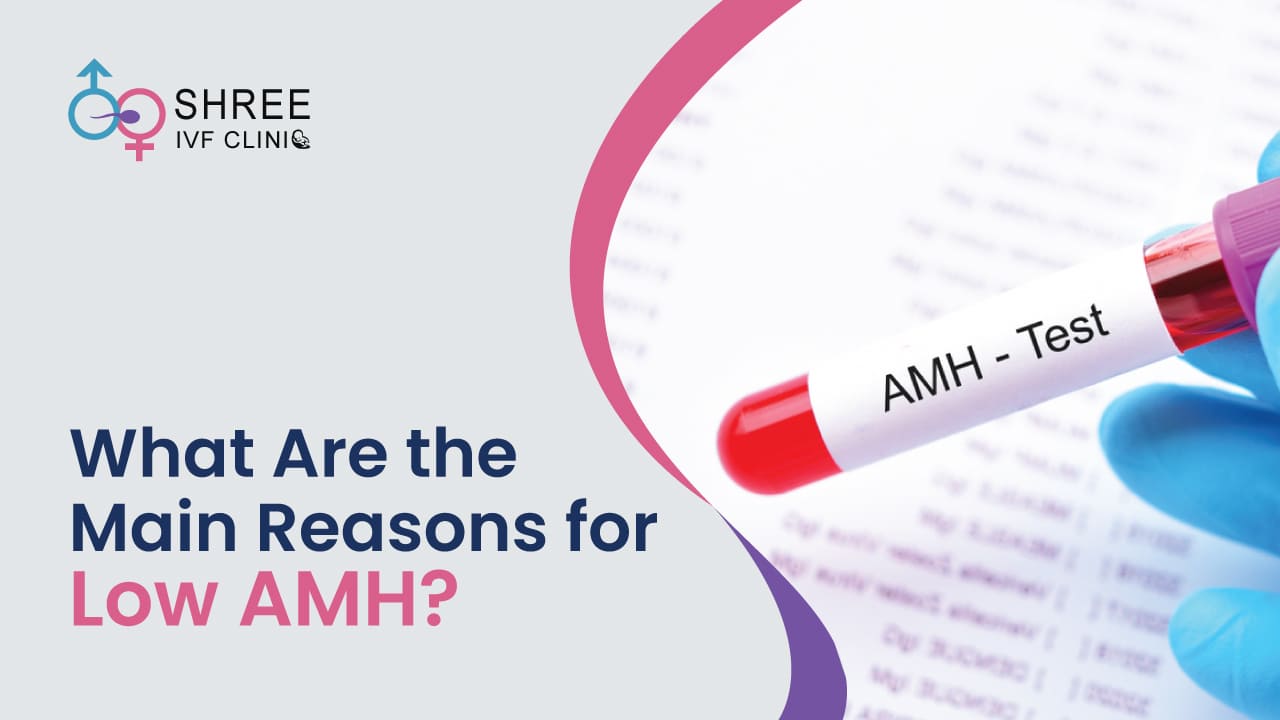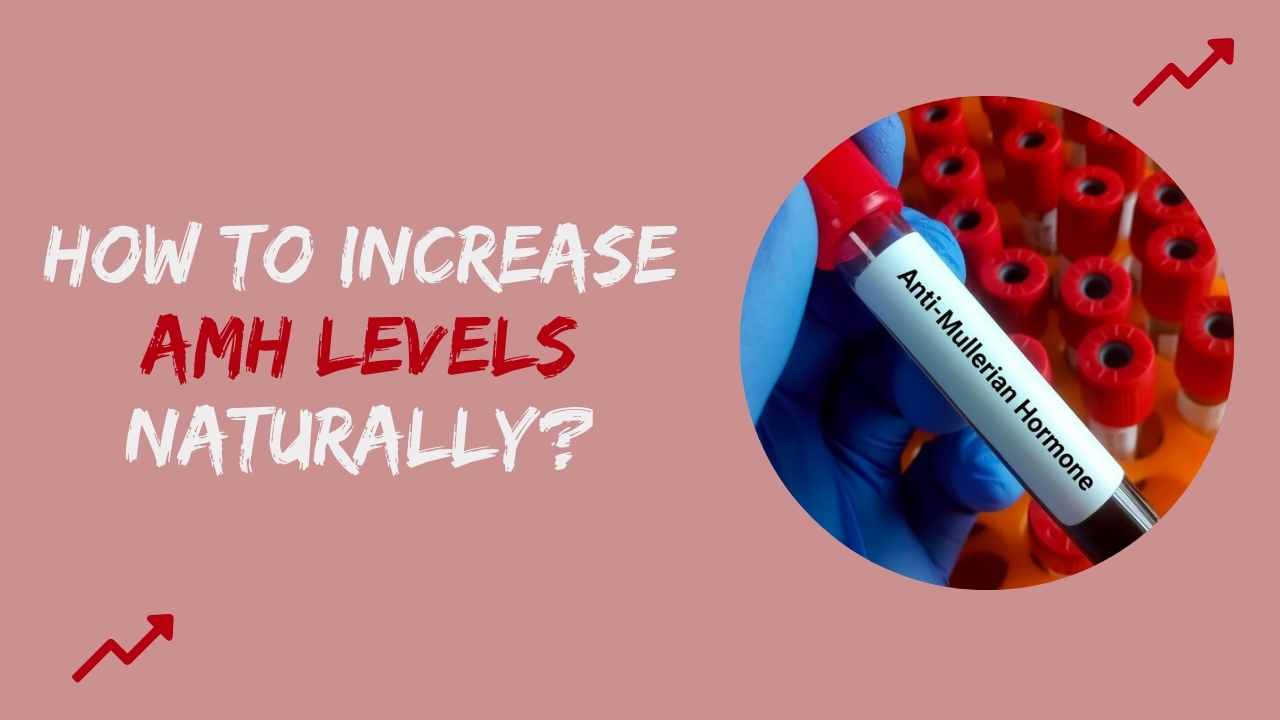What is a good AMH level for IVF?
UPDATED ON 9 JUN. 2021
An AMH or Anti-Mullerian hormone is produced by the granulosa cells inside your ovary follicles. This hormone is very much linked to the fertility of your eggs, as a low AMH level may result in a low egg count. The doctors sometimes advise doing an AMH level test which is also referred to as the fertility test. So, the more eggs you have, the higher will be your AMH levels.
However, an AMH level test is a blood test that determines the number of eggs you have in your ovaries. Here are some levels that show low AMH levels by age:
- 45 years old – 0.5ng/ml
- 40 years old – 1ng/ml
- 35 years old – 1.5ng/ml
- 30 years old – 2.5ng/ml
- 25 years old – 3ng/ml
If you’re having AMH levels below 1.6ng/ml then it denotes a low number of eggs produced with IVF and AMH levels below 0.4ng/ml are severely low. So, if you are having AMH levels above 1.6 ng/ml then it is a good AMH level for IVF.
AUTHOR
Dr Jay Mehta
Scientific Director & IVF Specialist with 10+ years of experience
TREATMENT
CONDITION
GET IN TOUCH ON
What is a Good AMH Level to Get Pregnant?
If you’re having AMH levels between 1.0-4.0 ng/ml, it is considered as a good or normal AMH level to get pregnant. AMH levels below 1.0ng/ml result in low egg count and are an indication of diminishing ovarian reserve.
In general, it is said that the more eggs you produce with IVF, the greater are the chances of developing and producing a good number of embryos for transfer. When your eggs get fertilized by the sperms, you get embryos. However, not every egg you produce needs to be successfully fertilized in IVF.
The more you will age, the percentage of your abnormal eggs contributing to abnormal embryos starts increasing. So, the fewer eggs you produce, the less will be the number of embryos. Therefore, a lesser number of AMH levels also results in lowering the IVF success. These conditions are more prominent among women especially when they are in their late 30s. When you’re in your 20s and early 30s, you usually tend to produce more eggs and during your later 30s and beyond, you produce fewer eggs.
” Every individual and couple’s journey is unique, and
finding the right solutions tailored to their specific
circumstances can make all the difference “
But if you are producing a lesser number of eggs at your younger age it is a sign of a low AMH level. So, to produce a high number of eggs, you should have better IVF success. You might be old enough but still have a lot of eggs left, but most of those eggs will lose their fertility because of aging and they will not form normal embryos. The lower levels of AMH are related to:
- Lower egg yield during retrieval.
- Higher risks of IVF cycle cancellation will result in the unretrievable of your eggs.
- Higher rates of abnormal fertilization.
AMH level test helps you to determine your number of eggs and the level of fertility you have during the time of testing. The more you age, these levels also start to decrease slowly. Most of the doctors, in this case, will advise you to do an AMH level test. This will help you determine your fertility and will also help you to talk about it to your doctor. But the AMH levels test cannot predict infertility on their own. Make sure to consult your doctor about your infertility issues or low egg production.
AUTHOR
Dr Jay Mehta
Scientific Director & IVF Specialist with 10+ years of experience
TREATMENT
CONDITION
CALL US 24/7 FOR ANY HELP
GET IN TOUCH ON
Share Article on
Recommended Reading
What Are the Main Reasons for Low AMH?
AMH is also known as the Anti-Mullerian Hormone. The level of AMH indicates the chance of getting pregnant in women.
How to Increase AMH Levels Naturally?
If you have been diagnosed with low AMH, you may be wondering what you can do to increase your levels.
Low AMH level and Natural Pregnancy
AMH is a hormone that is produced in the female reproductive organs. The follicles in the ovaries produce this hormone, the more eggs you have the higher will be your AMH levels.





